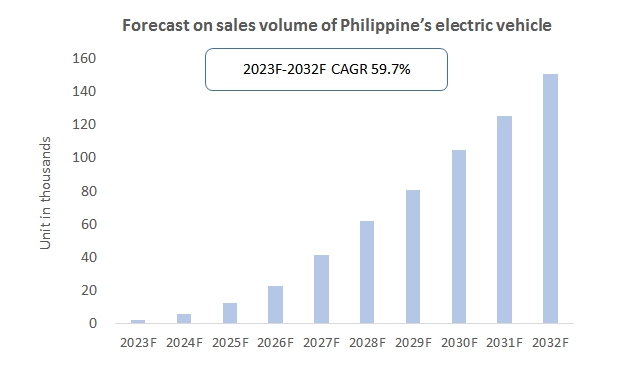The Philippine electric vehicle industry is poised for growth, thanks to a number of factors, including government incentives, increasing demand, and the availability of new models.
The government has passed a number of laws and regulations that are supportive of the EV industry, including the Electric Vehicle Industry Development Act (EVIDA) and the Tax Reform for Acceleration and Inclusion Act (TRAIN). These laws provide tax breaks and other incentives for the purchase and use of EVs, making them more affordable for consumers.
In addition, the demand for EVs is increasing in the Philippines. This is due to a number of factors, including rising fuel prices, concerns about air pollution, and the government’s commitment to reducing greenhouse gas emissions.
Finally, the availability of new EV models is also increasing. A number of global automakers are now selling EVs in the Philippines, and more models are expected to be launched in the coming years.
As a result of these factors, the Philippine EV industry is expected to grow rapidly in the coming years. The market is forecast to reach 150,800 units by 2032, growing at a CAGR of 59.7% from 2023-2032.
This growth will create opportunities for a number of businesses, including EV manufacturers, charging station operators, and battery suppliers. The government is also expected to invest in the EV industry, in order to support its growth.
The Philippine EV industry is at a turning point. With the right policies and investments, the industry has the potential to make a significant contribution to the country’s economy and environment.
Philippine Electric Vehicle Industry Research Report 2023-2032
Key Points
- The Philippine EV industry is poised for growth, thanks to a number of factors, including government incentives, increasing demand, and the availability of new models.
- The government has passed a number of laws and regulations that are supportive of the EV industry, including the Electric Vehicle Industry Development Act (EVIDA) and the Tax Reform for Acceleration and Inclusion Act (TRAIN).
- The demand for EVs is increasing in the Philippines. This is due to a number of factors, including rising fuel prices, concerns about air pollution, and the government’s commitment to reducing greenhouse gas emissions.
- The availability of new EV models is also increasing. A number of global automakers are now selling EVs in the Philippines, and more models are expected to be launched in the coming years.
- As a result of these factors, the Philippine EV industry is expected to grow rapidly in the coming years. The market is forecast to reach 150,800 units by 2032, growing at a CAGR of 59.7% from 2023-2032.
- This growth will create opportunities for a number of businesses, including EV manufacturers, charging station operators, and battery suppliers. The government is also expected to invest in the EV industry, in order to support its growth.

